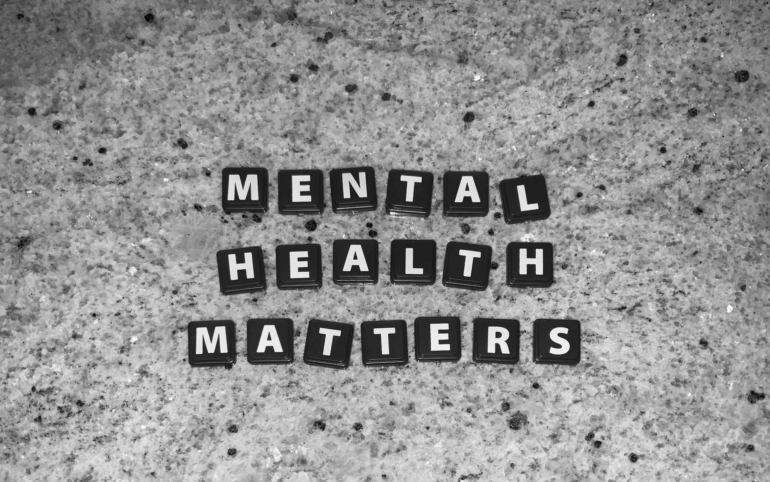Mental health has become more and more of a pertinent issue ever since the start of the devastating COVID-19 pandemic. It is defined as “a state of well-being in which the individual realizes his or her own abilities, can cope with the normal stresses of life, can work productively and fruitfully, and is able to make a contribution to his or her community” by the World Health Organisation.
This flu-like pandemic that swept across the globe has caused many worldwide quarantines and social distancing to be forced onto the rest of the population. With little choice but to stay trapped within the confines of their homes, and with a significant decrease in social interactions, it was understandable that the overall mental health of the population would deteriorate quickly.
Added on top of all that was the stress and the fear that came with the pandemic, especially in the early stages, and as such, it caused a severe mental healthcare crisis all across the world and finally proved just how important having good mental healthcare structures in place truly is if one would like to ensure the good health of the rest of the population. But good mental health does not just have to start with the healthcare structures in place.
Having a good grasp of how to manage one’s mental state is important. I like this Yale mental health blog, which contains some good techniques to keep oneself healthy. It is equally important and goes a long way in maintaining your mind and its inner workings in top condition and helps one cope much better in times of stress. Within this blog post itself, we will be exploring how to deal with some of the more common mental health issues that have popped up due to the COVID-19 pandemic.
Coping with stress
Many are isolated and lonely for the most part during this pandemic and on top of the fear of themselves or their loved ones catching COVID, and along with the need to continue working from home and taking care of families, it is only natural that their stress levels would rise. The Centre for Disease Control and Prevention (CDC) has a dedicated website with much needed information on how to cope with stressors such as these. In general, stress can not just cause a deterioration of mental health, but can manifest in physical symptoms as well, such as stronger feelings of anger and frustration, changes in appetite, energy and interests, as well as difficulty concentrating and sleeping. It can even manifest in physical reactions such as phantom stomach aches, body and head aches, and even skin rashes.
In other words, managing stress is vital in maintaining a higher quality of life and will go a long way in helping one keep themselves happy and healthy both physically and mentally. The CDC therefore recommends many ways of coping better with stress. It includes having more screen-off time where one detoxes from social media and news platforms on their electronic devices. These devices often have many new, harrowing news updates that can upset one severely when repeatedly exposed to such depressing news stories. They also recommend taking better care of one’s body by engaging in meditation and stretching exercises. Eating healthier, more well-balanced meals and exercising more often while also getting plenty of sleep will help out much in the long run.
Personally, I have found that medication has helped the most. It calms you down after a long day of school/work and helps clear your mind of worries. Traditional prescribed medications from a doctor are the most commonly used, however, people are now using other means of medicines to ease their mental health struggles. In addition, journalling is especially useful as well. Putting down your thought on paper gives them form and helps one not only think of how to potentially solve any underlying issues that may have cropped up over the day, but also helps organise them and one can even revisit them on a better day to see how one’s mental state has improved over time.
The Importance of Connection
The most important thing in maintaining good mental health during tough times, though, is still through one’s connections with others. Humans, after all, are social creatures by nature, and we all crave connection with one another, be it with family or friends. The CDC also recommends “connecting with others” by talking to people that you trust about your concerns and issues as a helpful way to relieve stress and forge stronger connections with the ones you love. And if you are ever feeling lonely, there are now many new avenues to make new friends, without needing to even leave the comfort of your own house.
The CDC has a website linked for this, and also new social messaging and media websites such as Discord and Reddit allows users to talk to each other and join communities of people who share the same passions as them. Indeed, one does not have to languish in loneliness and have their mental health suffer during this pandemic. Help is there, one just has to reach out.



